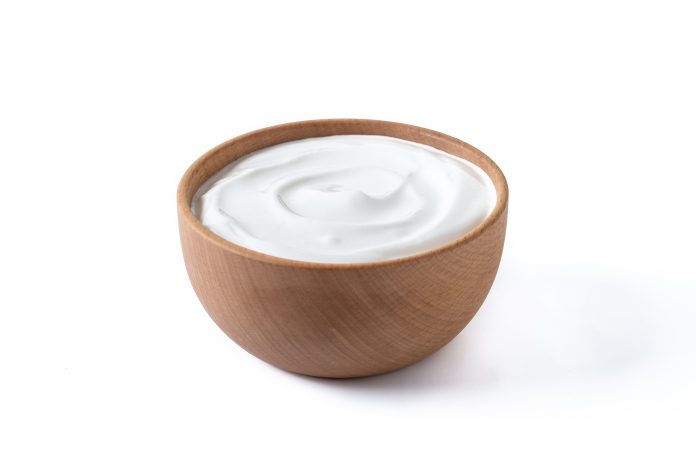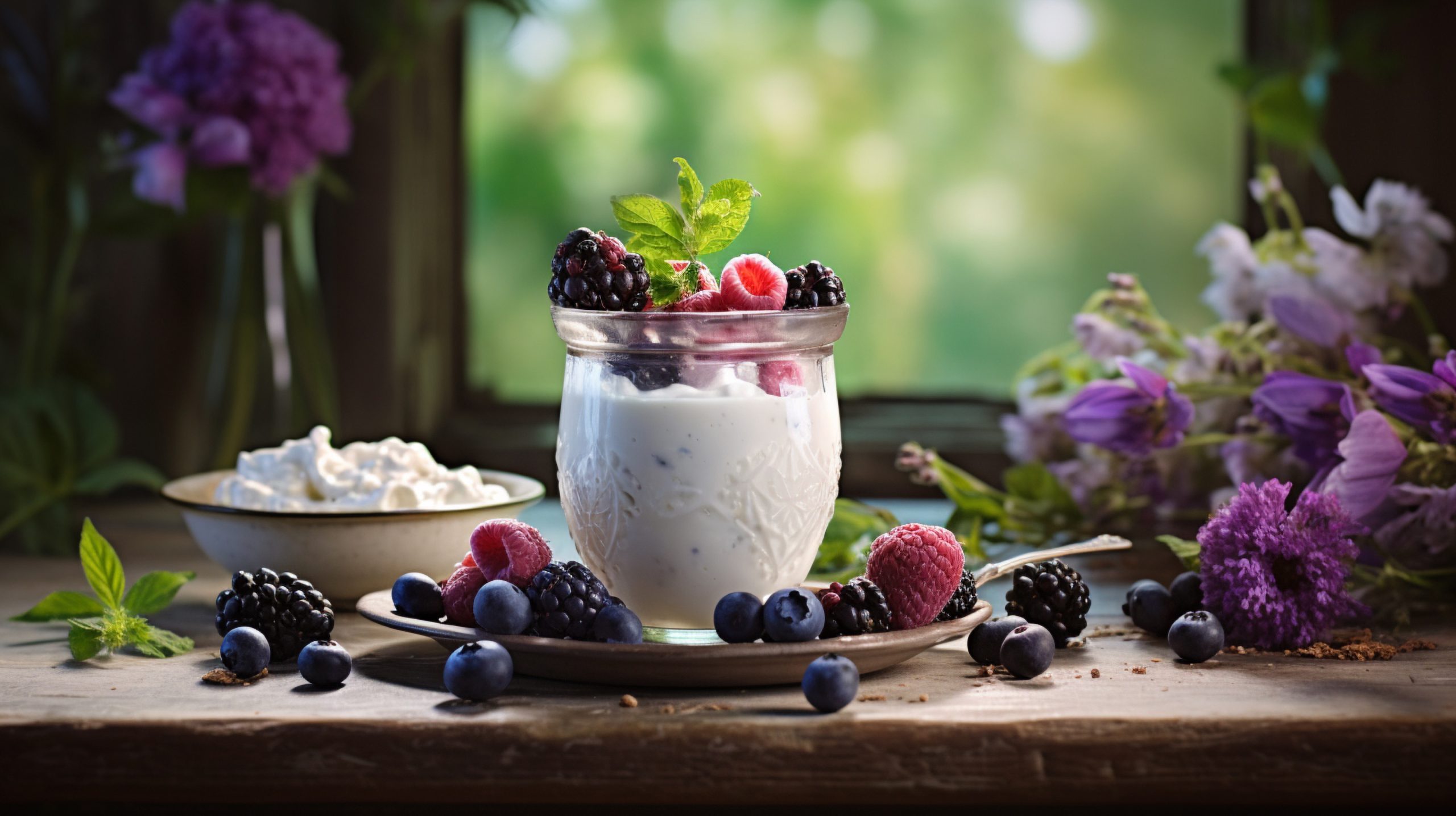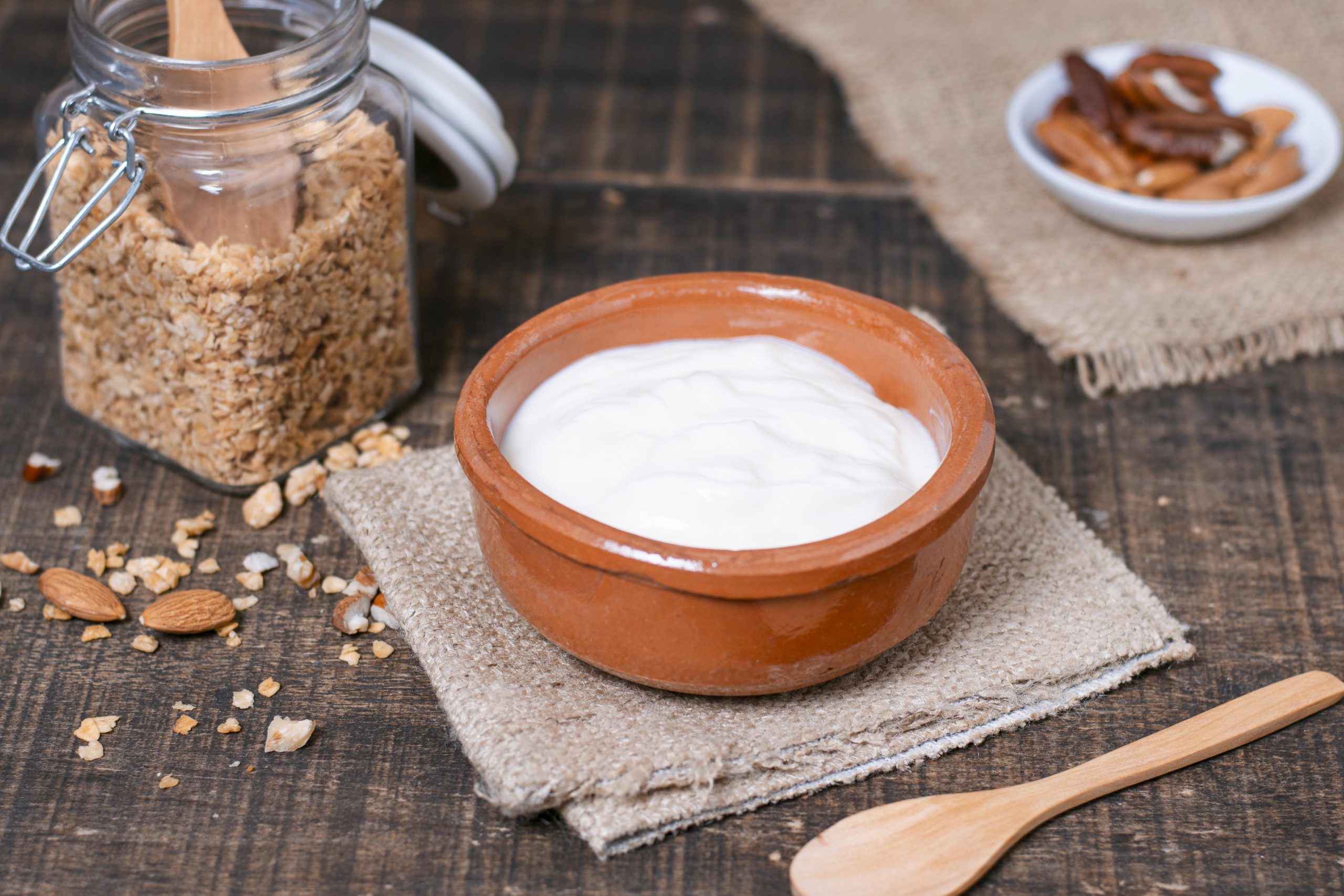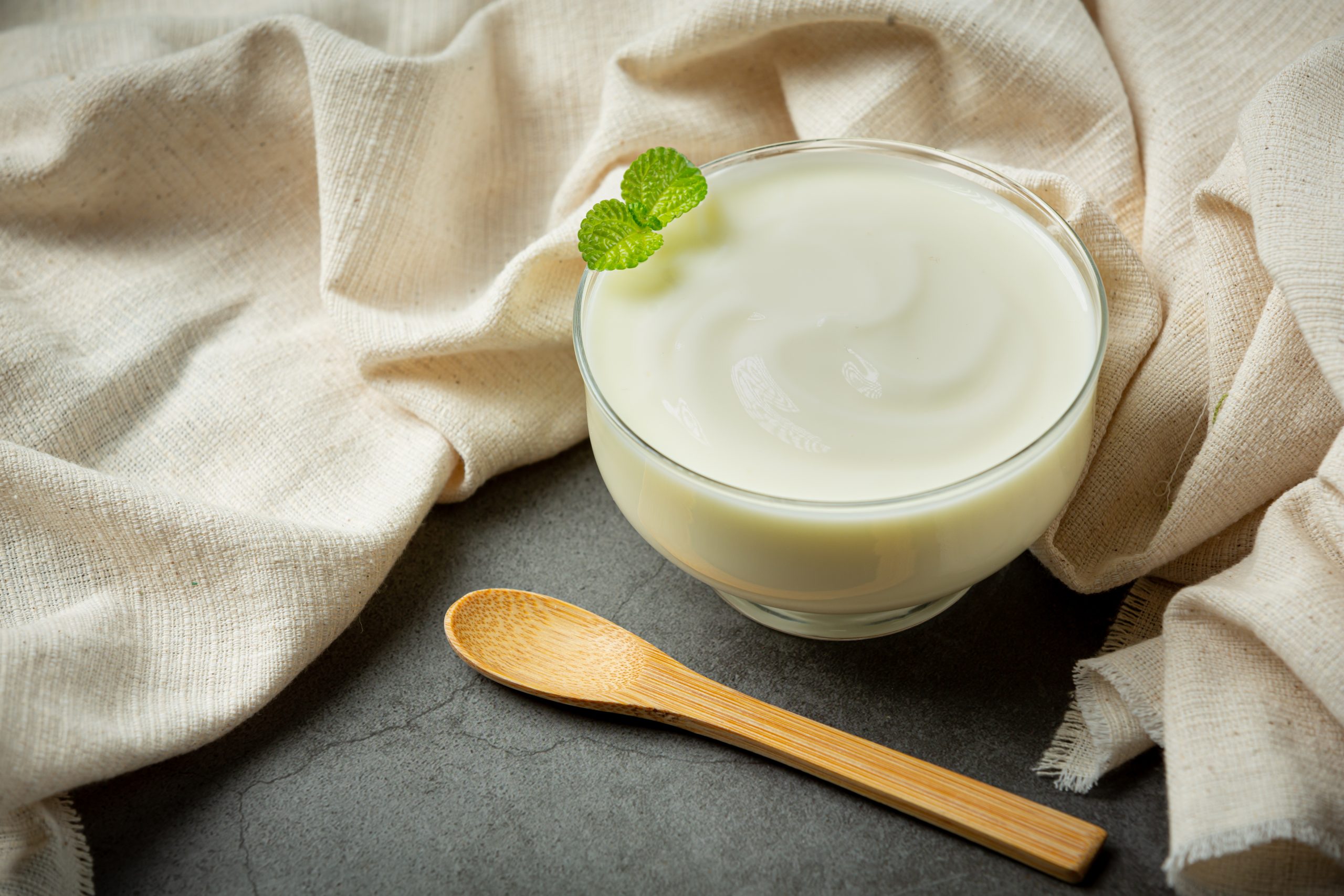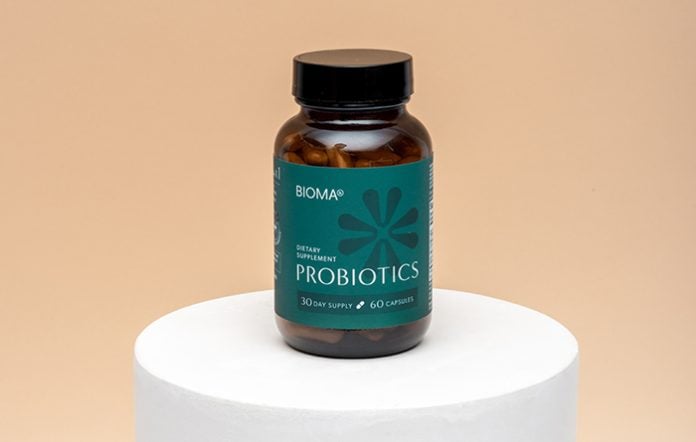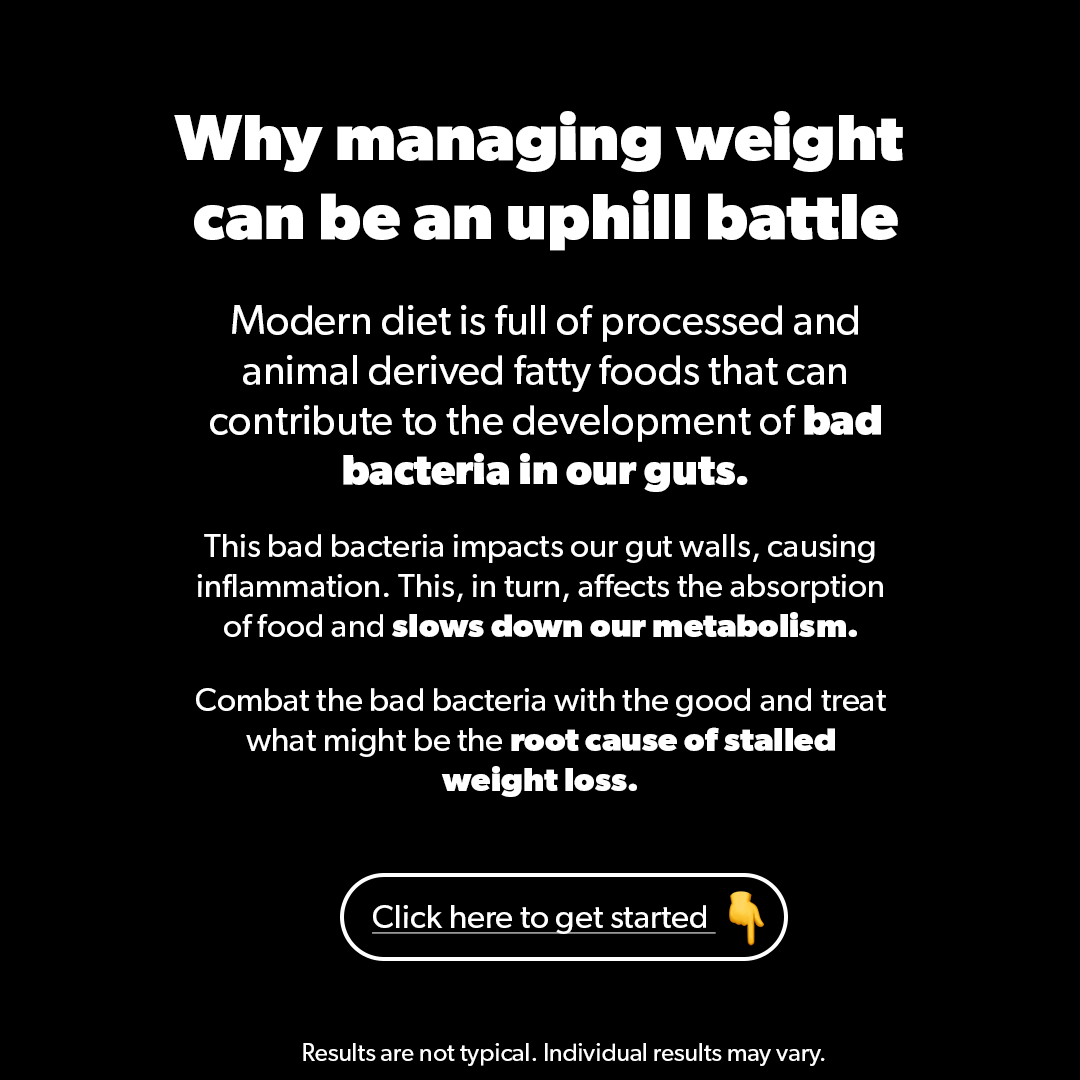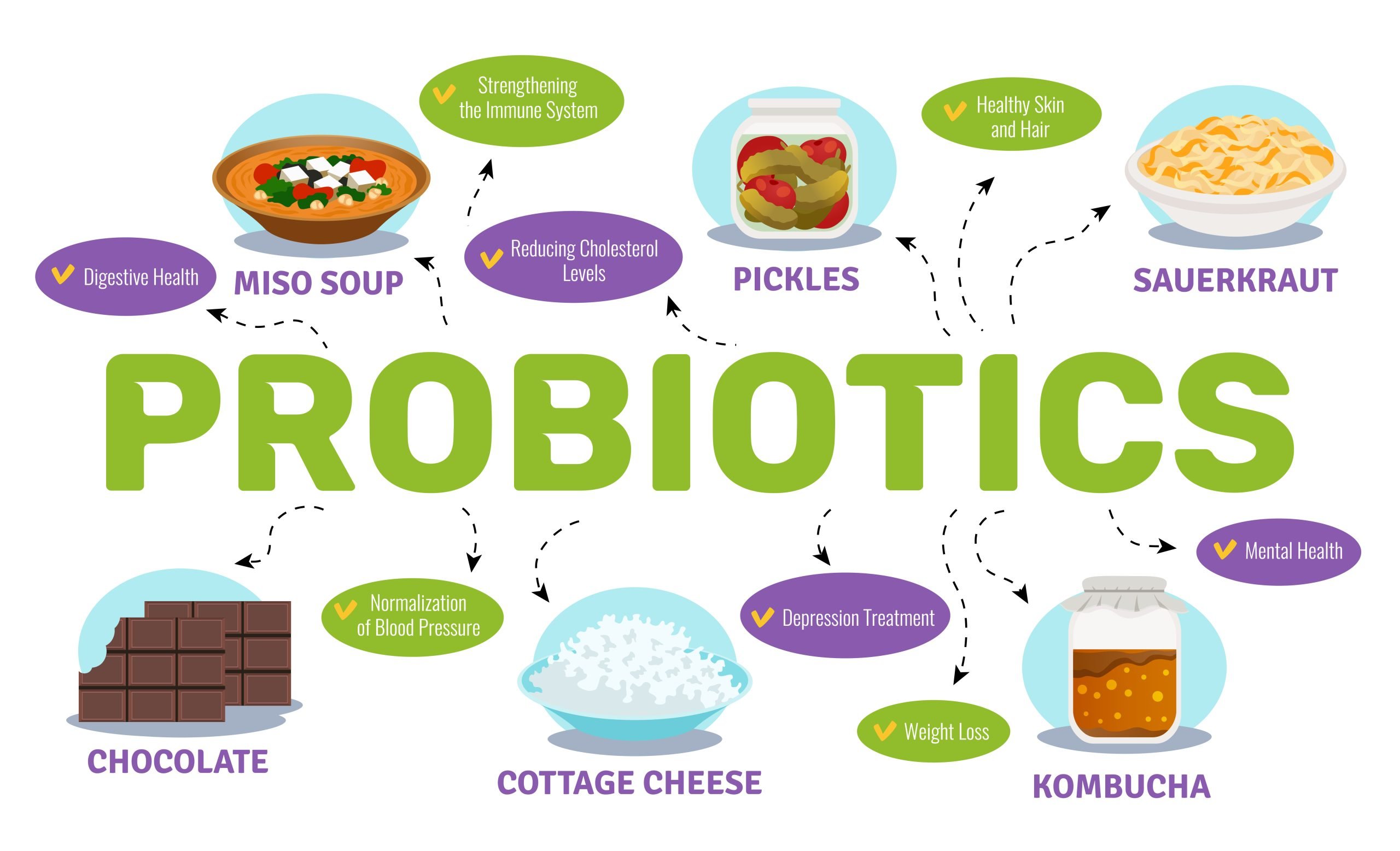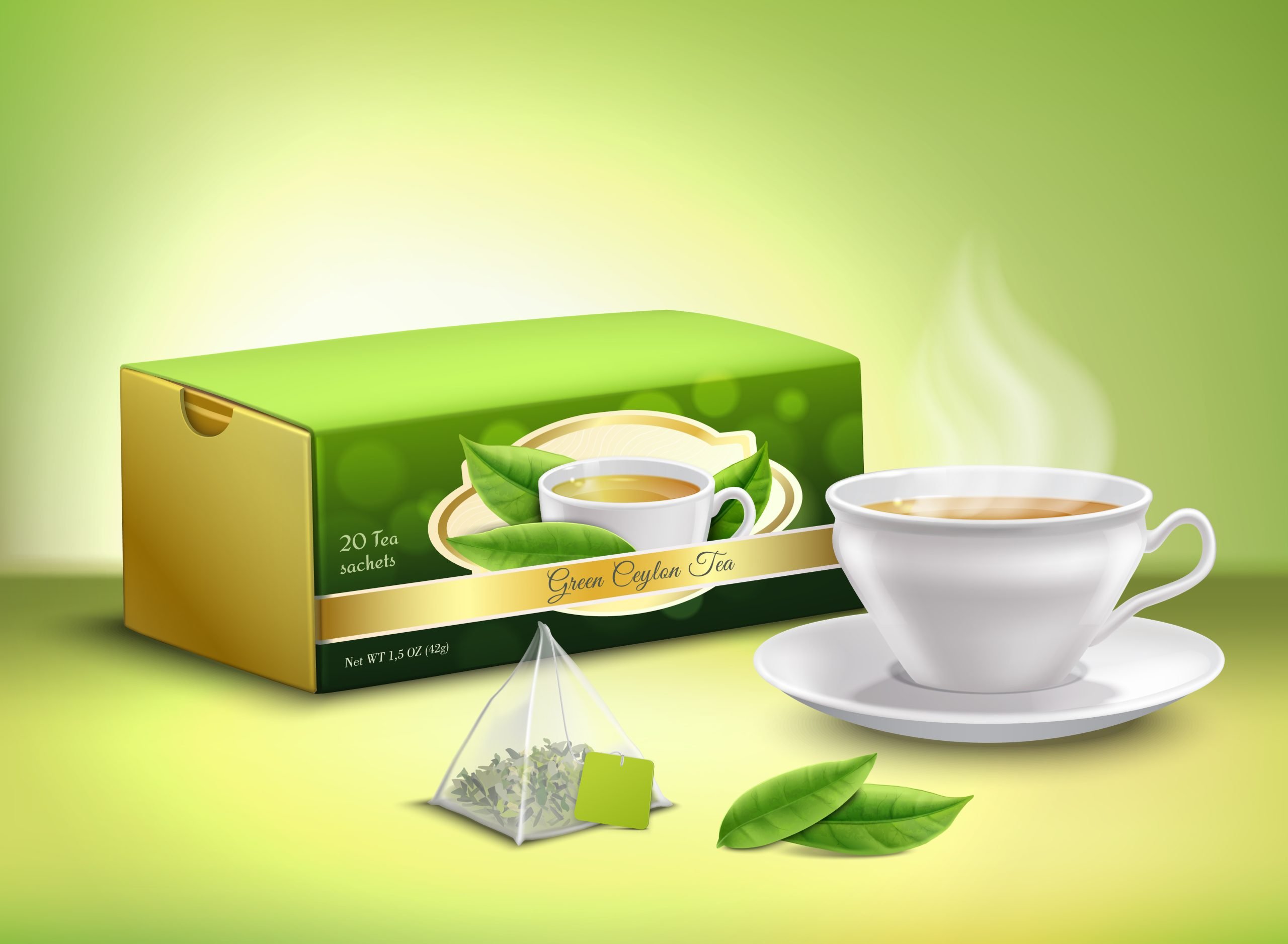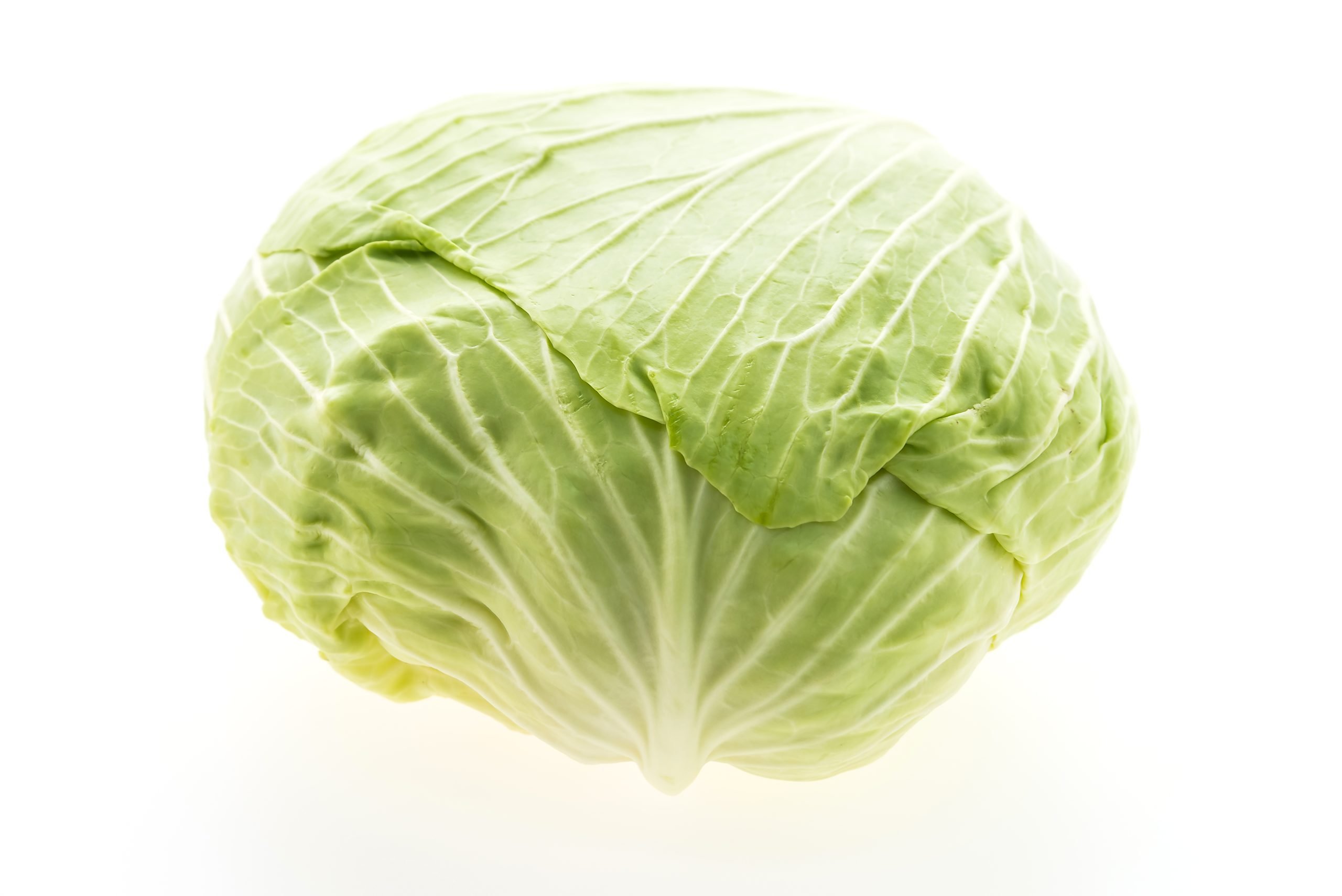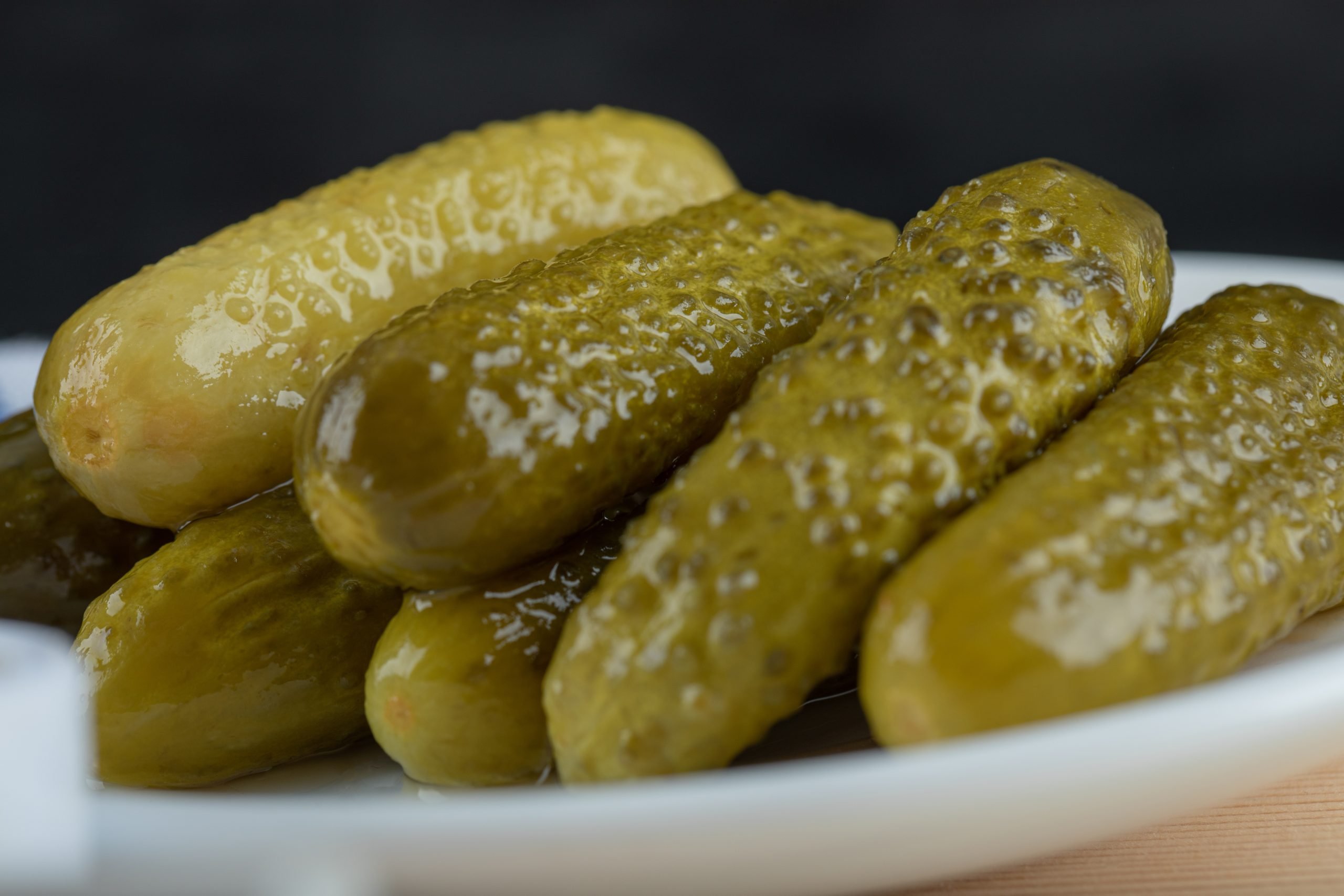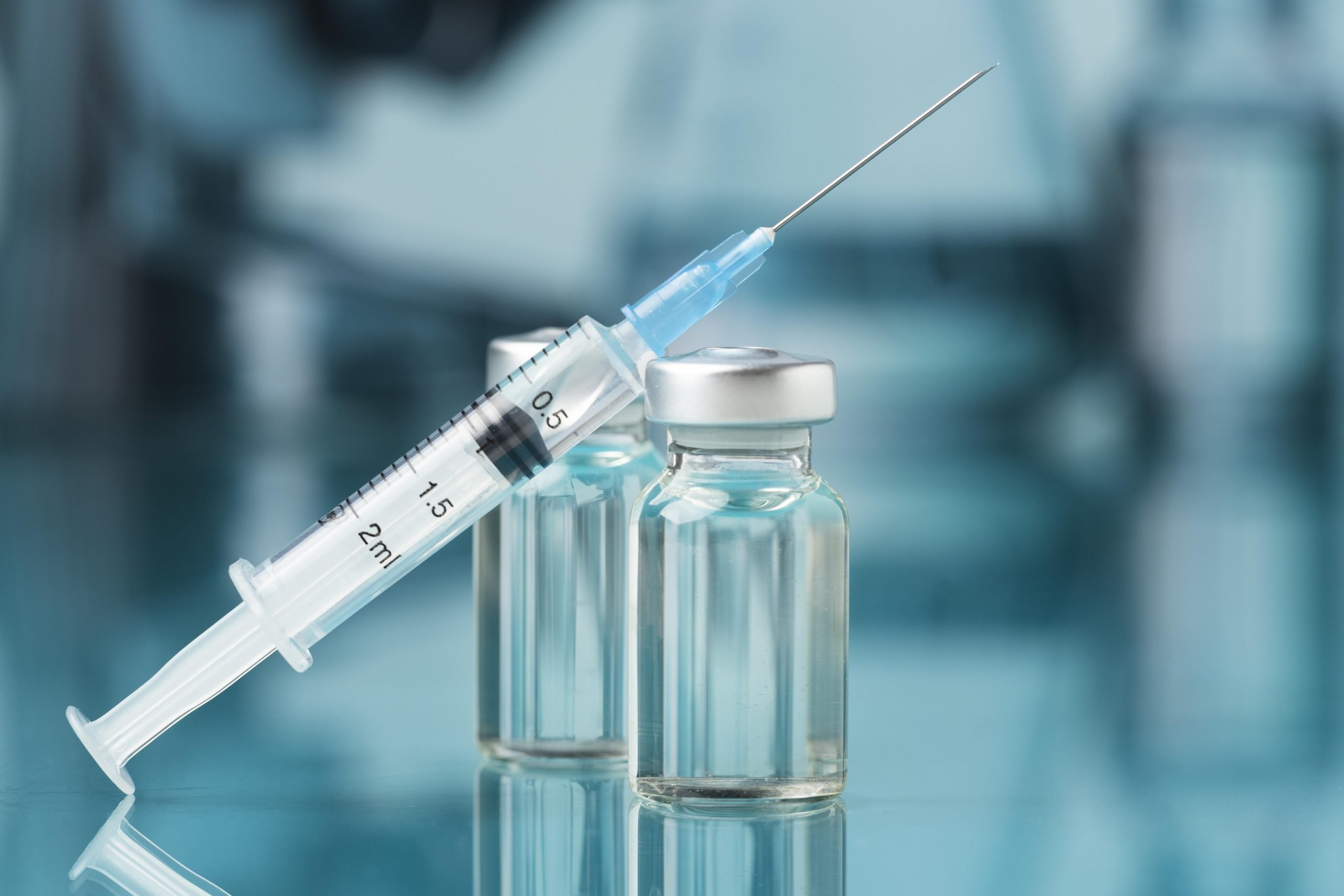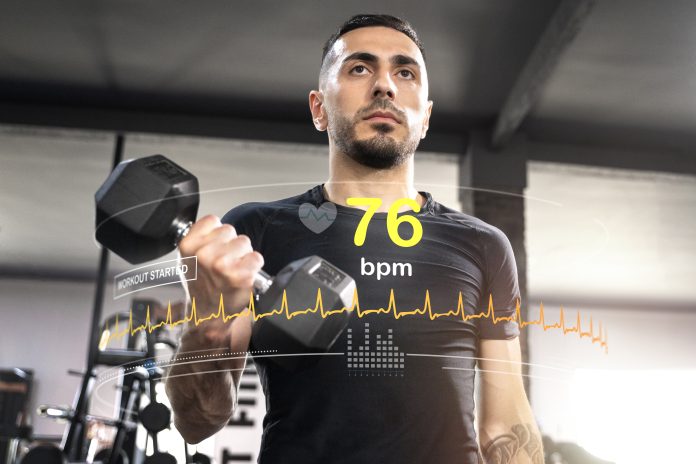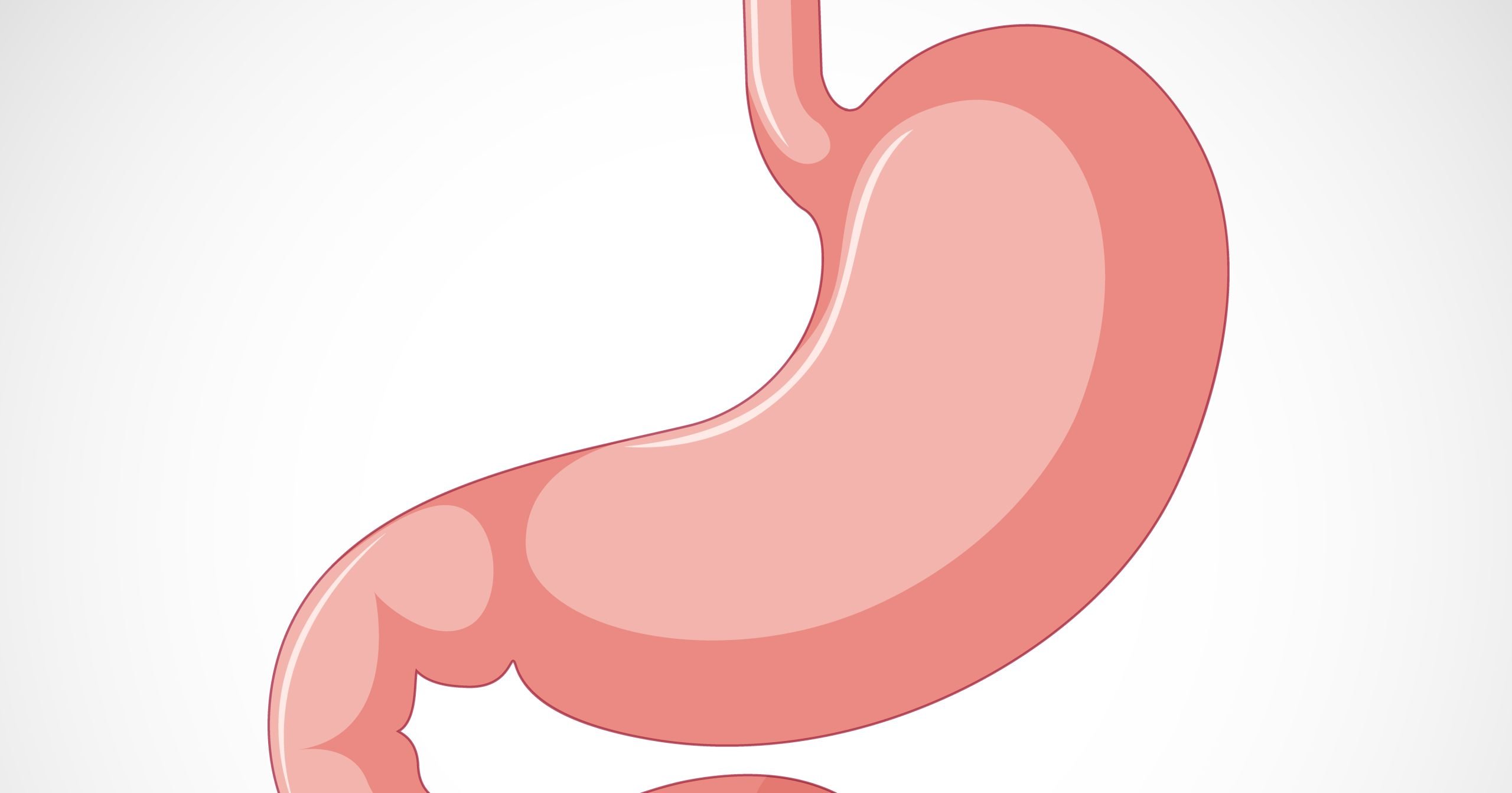It’s an exciting topic, how much those who work in the fitness world can make? It’s pretty fascinating. Whether you’re a personal trainer, a yoga instructor, or a fitness coach, there’s a whole range of possibilities out there.
From hourly rates to building up a solid client base, the sky’s the limit when it comes to what you can earn. So, if you’ve got a passion for fitness and helping others reach their goals, stick around. We’re diving into the world of earning potential for fitness professionals, and trust me, it’s worth exploring!
Diverse Career Paths in the Fitness Industry

One of the most enticing aspects of pursuing a career in fitness is the diversity of opportunities available. From personal training to group fitness instruction, sports coaching to wellness coaching, the field offers a range of roles to suit different personalities and preferences.
Each of these roles comes with its own earning potential, influenced by factors such as location, experience, specialization, and clientele.
Personal Training
For many fitness enthusiasts, personal training offers a customized approach to achieving their fitness goals. Personal trainers work closely with clients, creating individualized workout plans, offering nutritional guidance, and providing motivation.
The earning potential for personal trainers varies widely, with factors such as location and clientele playing significant roles. In metropolitan areas or affluent neighborhoods, personal trainers often command higher rates due to the higher cost of living and disposable income of potential clients.
Additionally, trainers who specialize in niche areas such as pre/post-natal fitness, corrective exercise, or sports-specific training can often charge premium rates for their expertise.
Wanna know more about personal training you can read our article “What Qualifications Do You Need to Be a Personal Trainer?”
Group Fitness Instruction
Group fitness classes have soared in popularity, offering participants a dynamic and social workout experience. For fitness professionals, leading these classes can be both financially rewarding and personally satisfying.
Group fitness instructors may work in gyms, fitness studios, and community centers, or even host their own classes in parks or online. Earning potential in group fitness instruction can be influenced by factors such as class size, location, and the instructor’s reputation.
In urban areas, instructors leading high-demand classes such as spin, HIIT, or dance fitness can earn substantial incomes. Moreover, instructors who develop a loyal following often have the opportunity to host workshops, retreats, or online programs, further expanding their earning potential.
Specialized Training and Certifications
Before embarking on a career in fitness, obtaining certification is essential, and ISSA is widely regarded as the premier certification platform in the field. ISSA certification allows you to study at your own pace, 100% online. You can even take the exam from the comfort of your own home.
The certificate is nationally accredited and allows you to master the tools and methods that will help you shape and define your clients’ bodies. With this continued education, you’ll be a certified authority in everything bodybuilding.
You’ll learn in-depth principles of muscles and how to apply this knowledge to program design. You’ll study muscle hypertrophy, causes of overtraining and injury, nutrition and supplementation, health risks of ergogenic aids, sports psychology strategies, and more.
If you’re interested in trying ISSA, click here to get started right away! And for more information, you can check out our review Article on ISSA.
Checkout Code for an additional $100 OFF:


ISSA Certifications - 75% Off
Online Training and Digital Products
The digital age has revolutionized the fitness industry, opening up new avenues for earning potential. Fitness professionals can now reach clients around the globe through online training platforms, virtual coaching sessions, and digital product sales. Creating workout programs, meal plans, or instructional videos allows fitness professionals to generate passive income while expanding their reach beyond local clientele.
Moreover, online platforms such as social media, YouTube, or fitness apps provide opportunities for fitness professionals to showcase their expertise, attract followers, and monetize their content.
Influential fitness personalities can earn substantial incomes through brand partnerships, sponsored content, and affiliate marketing, leveraging their online presence to create multiple streams of income.
Entrepreneurial Ventures: Building Brands, Building Wealth

For those with an entrepreneurial spirit, the fitness industry offers ample opportunities to build a brand and create wealth. Opening a fitness studio, boutique gym, or wellness center allows professionals to establish their unique offerings, cater to specific niches, and cultivate a loyal clientele base.
Entrepreneurs in the fitness industry can diversify their revenue streams by offering memberships, personal training packages, specialty classes, retail merchandise, and nutrition services.
Additionally, partnerships with local businesses, health professionals, or corporate wellness programs can further expand the reach and earning potential of these ventures.
Continuing Education and Professional Development
In the dynamic field of fitness, staying current with industry trends, research, and techniques is essential for success. Fitness professionals who invest in continuing education, attend workshops, and conferences, or pursue advanced certifications can command higher rates and attract discerning clients.
Moreover, professional development not only enhances expertise but also opens doors to opportunities such as guest speaking engagements, writing for fitness publications, or consulting for companies in the health and wellness sector.
By continually evolving and refining their skills, fitness professionals can stay competitive in the industry and maximize their earning potential.
Corporate Wellness Programs: Tapping into a Lucrative Market

Fitness professionals can seize a lucrative opportunity by delving into the realm of corporate wellness programs, where the demand for health-focused initiatives is on the rise.
Offering services such as on-site fitness classes, wellness seminars, ergonomic assessments, and tailored wellness plans for employees, professionals can demonstrate tangible benefits such as reduced absenteeism, heightened morale, and enhanced productivity.
By establishing partnerships with companies of all sizes, fitness experts can secure ongoing contracts for wellness initiatives, workshops, or team-building fitness challenges, creating a dependable and rewarding income stream.
Beyond financial gains, involvement in corporate wellness allows professionals to make a substantial impact on the overall health and vitality of entire organizations, positioning themselves as invaluable assets in the corporate wellness sphere.
Final Words
In the exciting world of fitness, the earning potential for professionals is as vast as the stretches they teach. Whether as a personal trainer, group fitness instructor, or wellness coach, the path to financial success is clear.
By staying updated with trends, building a strong client base, and diversifying skills, fitness pros can sculpt a lucrative career. So, grab those dumbbells and start lifting your way to a prosperous future!
FAQs on Earning Potential for Fitness Professionals
What is the highest paying job in fitness?
Becoming a sports medicine physician is one of the highest paying jobs in fitness. These doctors work with athletes to prevent, diagnose, and treat injuries related to sports and exercise. With specialized training, they earn a significant income while helping athletes stay in top form.
What is the best way to make money in the fitness industry?
A great way to make money in fitness is by starting your own fitness training business. Whether it’s personal training, group fitness classes, or online coaching, creating a brand and offering services that people value can lead to a profitable venture. It allows you to set your rates, reach a broader audience, and tailor programs to individual needs.
Who is the highest-paid fitness?
The highest-paid fitness personality is often someone with a strong presence on social media platforms.
Influencers who share workout routines, nutrition tips, and wellness advice can earn substantial incomes through brand partnerships, sponsored content, and endorsements. Building a loyal following and engaging with audiences drives their success in the fitness industry.




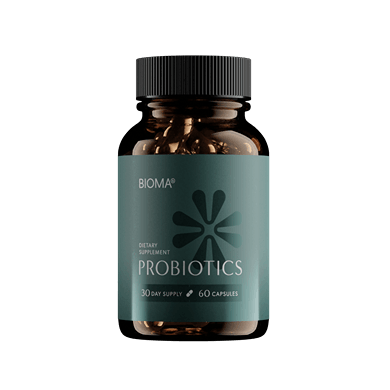
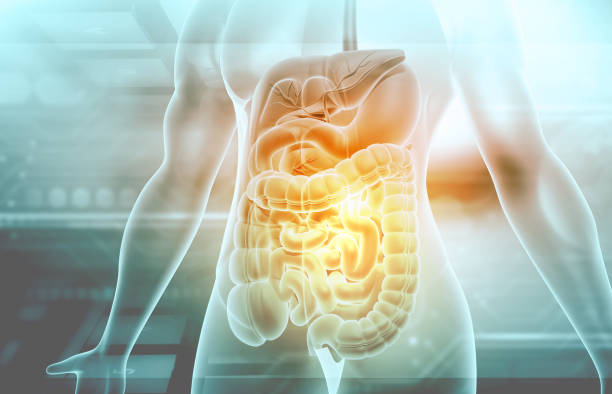



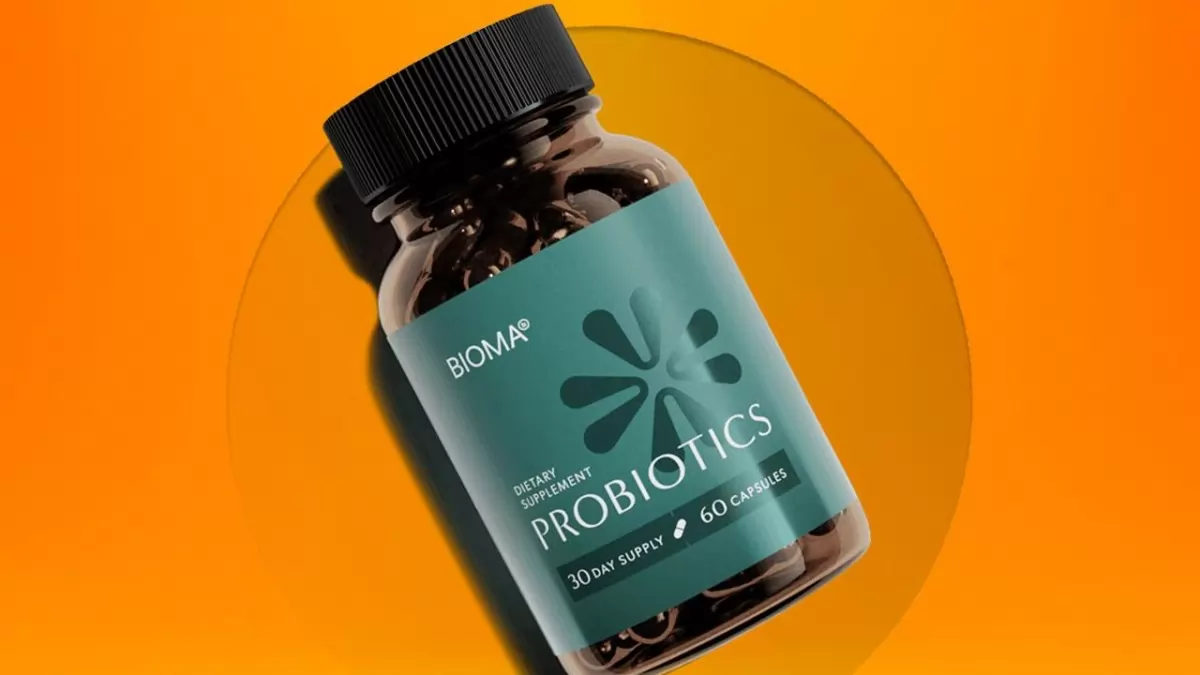




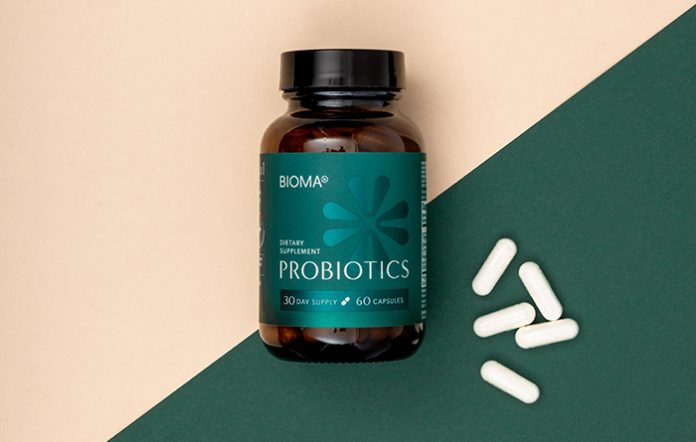
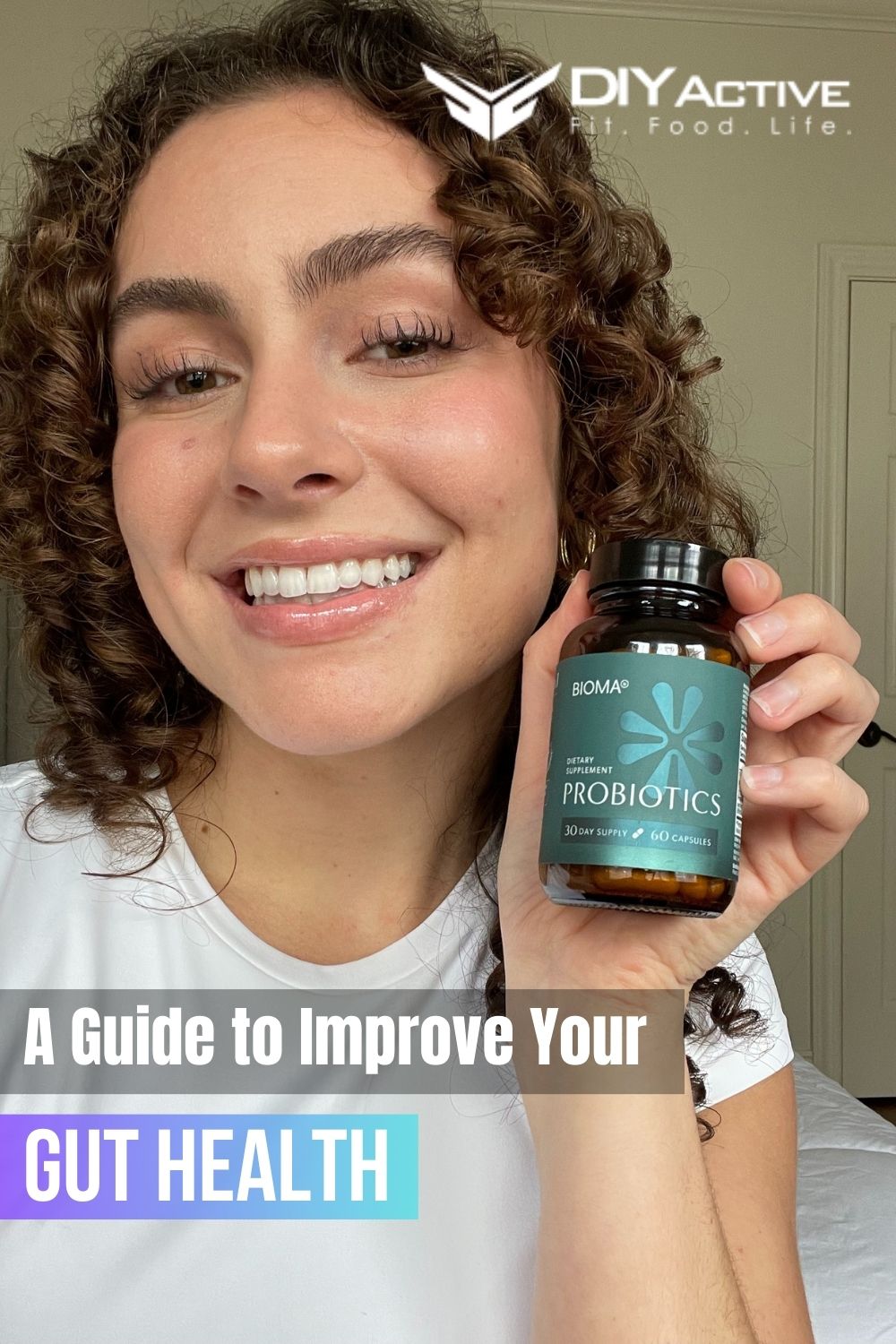
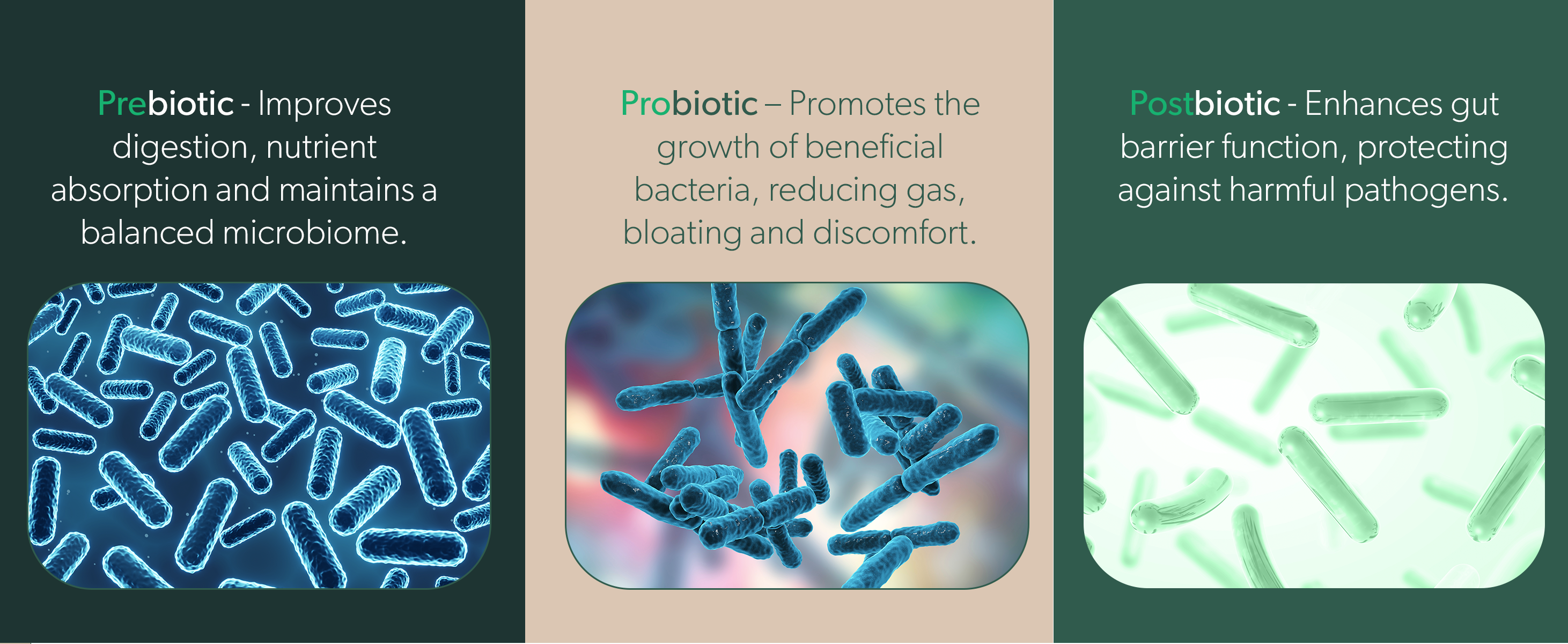
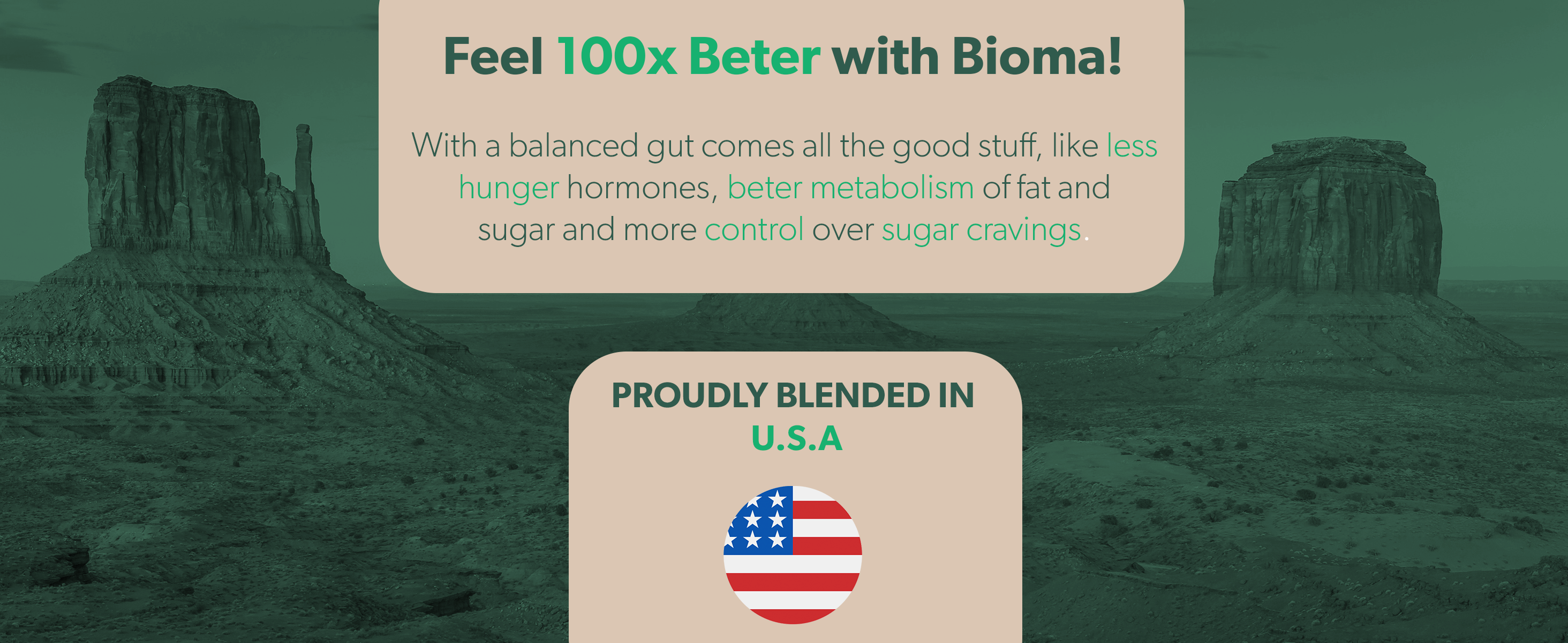 Editor’s choice for the best probiotic supplement: Let’s highlight one exceptional probiotic supplement that encompasses all three components essential for gut health: probiotics, prebiotics, and postbiotics.
Editor’s choice for the best probiotic supplement: Let’s highlight one exceptional probiotic supplement that encompasses all three components essential for gut health: probiotics, prebiotics, and postbiotics. 